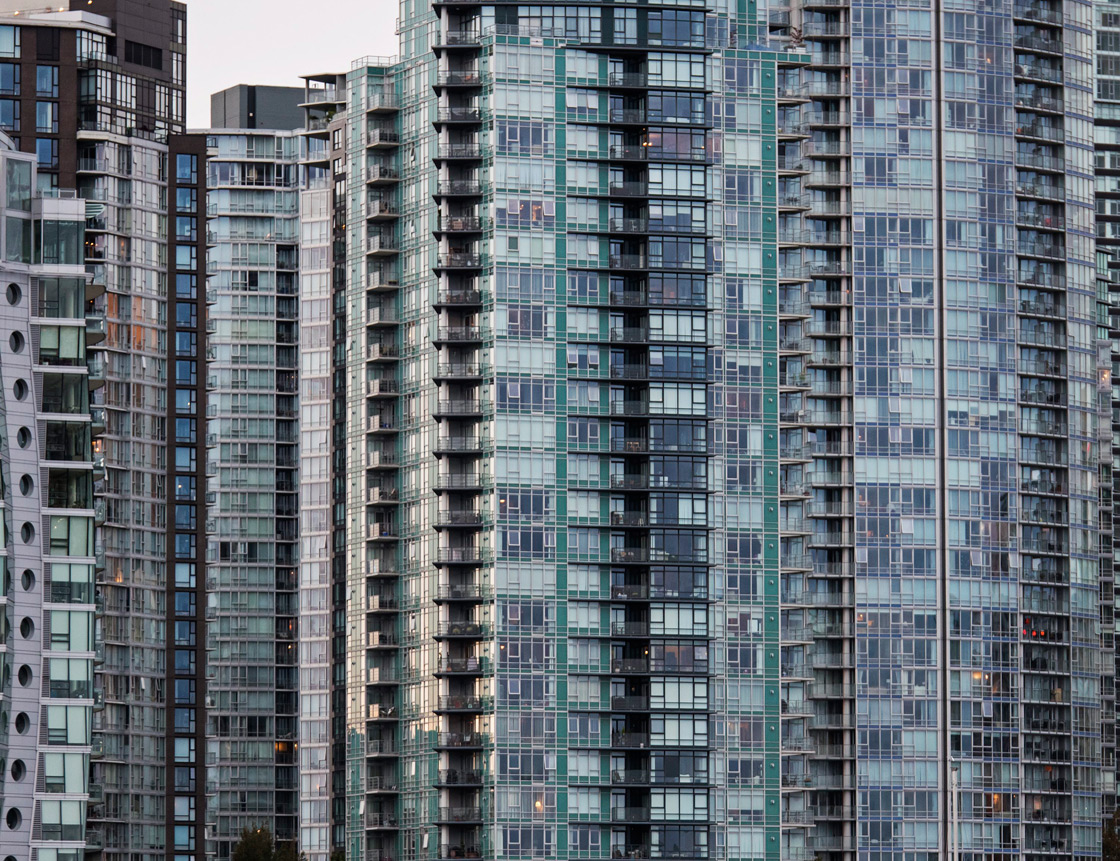Families looking for housing in Vancouver may soon see a much-needed break if a new housing proposal passes City Council.

Vancouver City Council is set to vote on an upcoming proposal that could require new strata housing developments have 35 per cent of their units include two bedrooms or more.
The plans hope to increase the supply of family-suitable units across the region through a new housing policy that will require 25 per cent of units in multi-family strata rezoning projects to be two-bedrooms and 10 per cent to be three bedrooms or more.
In secured market rental rezoning projects, 35 per cent of units will be two or more bedrooms.
A report issued in June stated that 60 per cent of the city’s housing stock is in apartment-style units but as of 2011, only 14 per cent of those units contained three bedrooms and 19 per cent contained four bedrooms. Looking at purpose-built rental buildings, only one per cent of units had three bedrooms.

The lack of affordable family-style housing opportunities has decreased the number of families moving to Vancouver, the reports says. It has also discouraged many couples from having children. A 2015 MoneyWise.ca study found just over half of Canadians said they could not start a family in their current home and real estate prices directly impacted their ability to start or expand their family.
There has been a steady growth in the number of families living in Vancouver over the last 30 years, making up about 40 per cent of all households. Approximately 30,655 family and 73,445 non-family households were added to the city between 1971 and 2006, but between 2006 and 2011, 99 per cent of new households in Vancouver were non-family households: only 100 new families were added while the number of non-family households increased by 9,000.
READ MORE: Foreign buyers purchased 5% of Metro Vancouver homes over 19 days
The Census defines a family household as having at least one parent and child.
Back in 1991, less than one in five families called apartments or condominiums home. The latest data from 2011 has bumped that number up to nearly one in three and this year’s Census data is expected to show a further increase.
With a massive affordability crunch in the single-family home market, families are finding fewer and fewer places they can live within the city. Apartments are becoming a more viable option, but many lack the space for families with two or more children – a population that makes up nearly half of Vancouver’s families according to the City’s study.
“Smaller, older three-bedroom homes have been replaced by larger, unaffordable single-family homes or by multi-family housing that is more likely to include studio, one or two-bedroom units,” the report says.
READ MORE: Vancouver rents too pricey for millennials: report
The City’s review of recent development trends showed three-bedroom units made up only five per cent of new strata condominium projects, and those that did were largely built for the luxury market and not affordable for many families or first-time buyers.
A recent survey shows Vancouverites are feeling the pinch.
A June TalkVancouver survey with 2,313 participants asked about family status and housing.
Rating the supply of apartments with three or more bedrooms, 88 per cent said they felt the supply was “extremely limited” and 91 per cent agreed it was difficult to find three-bedroom apartments in Vancouver.
But 55 per cent of current families said they were looking for apartment-style housing rather than detached homes, likely due to the out-of-reach prices for the latter.
Another recent Vancity Credit Union study said the city’s millennials are now being priced out of the rental market along with the real estate market. The report claimed only two Vancouver neighbourhhoods were still affordable for people under 40 making $40,000 a year or less: East Hastings and Marpole.
The proposal, which does not apply to some communities with their own development plans, like Coal Harbour, East Fraser Lands, False Creek, False Creek North, Southeast False Creek, and the Downtown Eastside, will face a council vote on Wednesday, July 13.




Comments